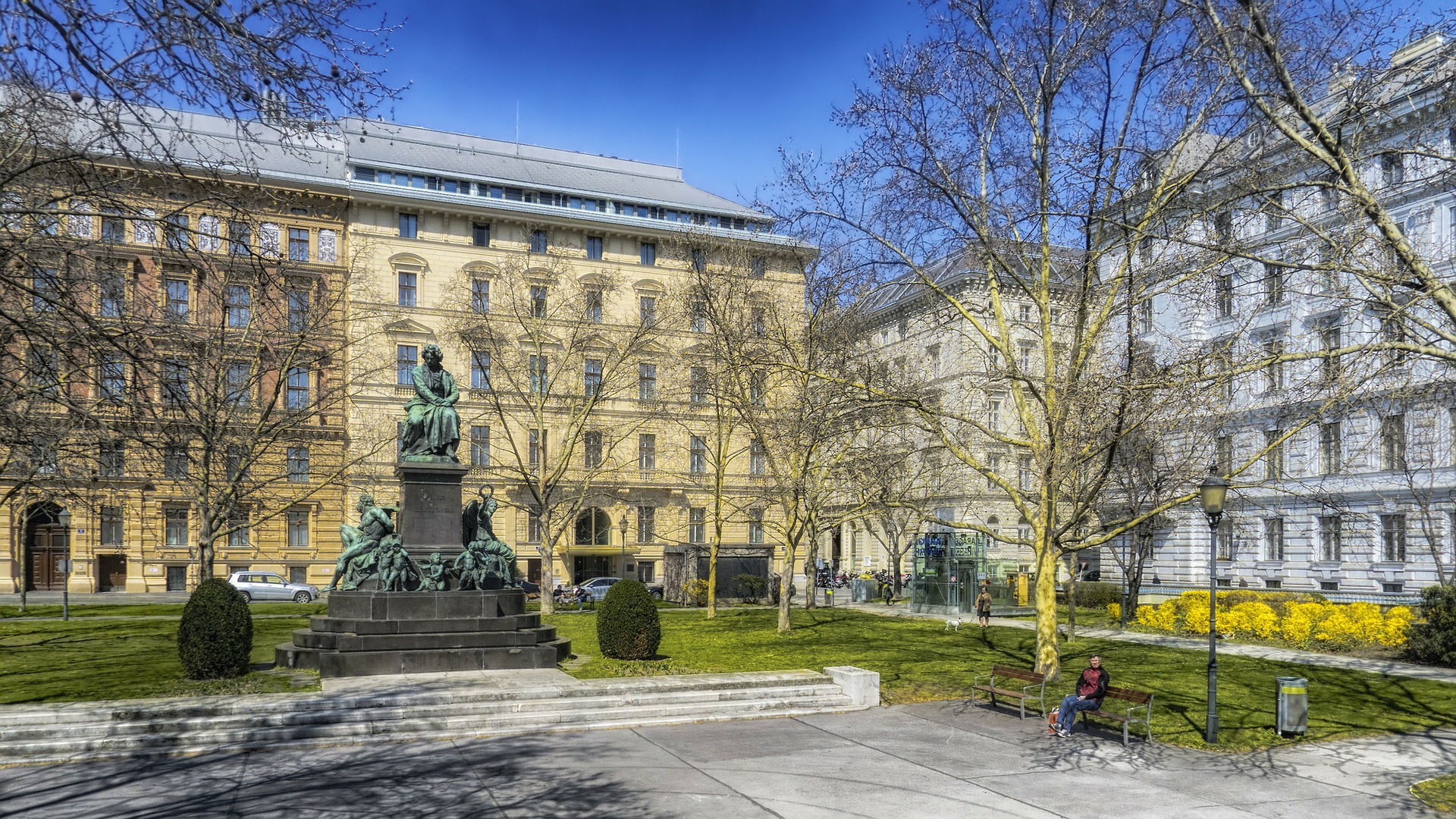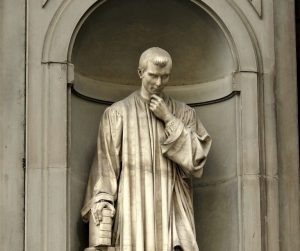Ludwig van Beethoven was a German composer. One of his leading pieces of work is Symphony Number 1 in 1800.
Beethoven is popular with his style of composing that was strictly different in his era. He is famous for having sudden shifts in tonal centers. As a result, he was “distinguished” in the classical music industry of his age.
However, the story of this great composer has deep roots in his love for nature. Much of his music is elegantly simple. It involves a lot of rhythms inspired by nature. Therefore, he strongly pledged to protect it in his pieces. Moreover, he advised future generations to save our beloved mother earth via his music. Today, we can still feel his presence and ideologies while enjoying some of the best symphonies ever composed in the history of mankind.
An Evening to Remember: The Classical Music of Vienna's Composers. BOOK NOW!
Beethoven’s Inspirations from Nature

Beethoven used to take long walks in nature. Therefore, this is one of the most critical influencers of his musical life. The other is his grandfather who carried the same name and aspirations. During his grandfather’s adolescence, he moved from his birthplace in Mechelen, Belgium to Bonn, Germany. He quickly gained a prominent position and achieved the respect of Bonn’s royals. This paved the way for the young Ludwig to start building his musical dreams.
However, the important factor for his success and fame has to be nature. Beethoven loved to take extended trips in nature. This comes from the Austrian spirit he adopted when moving to Vienna in 1792. Also, at that time, Mozart, the Salzburg born musician and one of Beethoven’s role models, had recently passed away. This left deep impact on Beethoven and simultaneously a great responsibility. He became the successor of a monumental figure of his age.
As a result, Beethoven became strongly committed to music and he was known for dipping his head in cold water to endure long hours of work. He adopted this practice to stay awake to finish his symphonies. Doctors later traced his deaf case to this bizarre habit.
By the age of 44, Beethoven was completely deaf after a gradual decline of his hearing abilities. However, that turned out to be a priceless factor to musical historians to record his thoughts and aspirations. This is due to the fact that he used a book to communicate with friends and family. Therefore, all of his conversations are written for the last 10 or so years of his life.
We can only imagine the beauty of the written sentences and how sentimental they are. These lines carry a lot of meanings, ideas, history, emotions and life lessons. But most importantly, they are a communication means for us today to be able to connect with Beethoven himself.
Beethoven's Influence on Ecotourism

Ecotourism strives to protect nature as well as culture and traditions. Therefore, Beethoven symphonies speak the whole story of nature protection as well as preserving the European traditions.
These traditions at times involved enlightening the spirit of the people enduring wars in the late 1700s and early 1800s. For instance, he wrote The Wellington’s Victory or Battle Symphony after Napoleon’s defeat in Vitoria, Spain. This provided a strong moral aid to war victims as well as a sense of national pride.
You can enjoy the symphony below:
This is the core of ecotourism, where national spirits are the cornerstone of a nation. Additionally, he was a pivotal figure and his artwork was a transition from classicism to romanticism.
This left a deep impact on the subsequent generations to follow suit in preserving their culture and nature.






